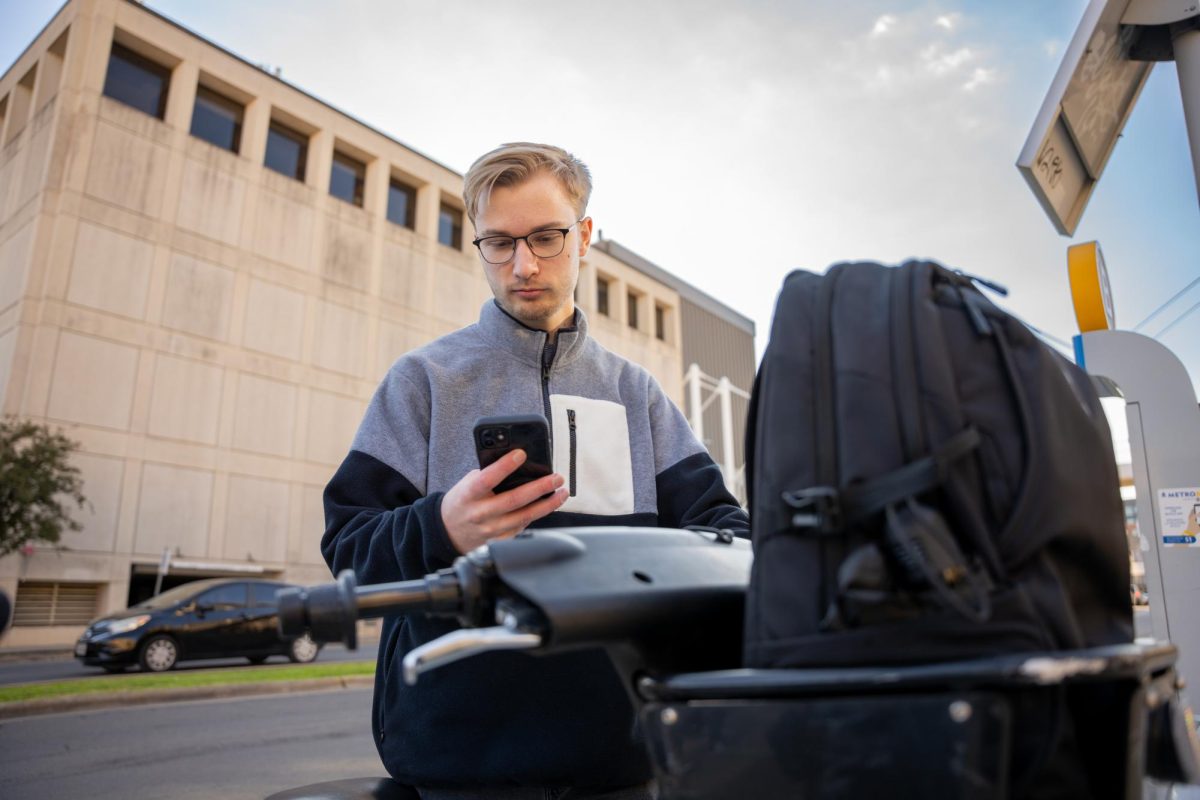Austin’s bike system will modernize and expand after CapMetro approved a contract partnering with a bike share system company on Jan. 29. The partnership will add new locations across Austin and replace all 80 stations with solely electric bikes.
As the city grows and increasingly relies on public transportation, the use of MetroBike spread enough to call for the $20.6 million contract, said Diego Martinez-Moncada, the executive director for Bike Share of Austin, the company that operates the bike system. The contract will provide the electric, more modernized bikes tailored for Austin’s growing population. The remodeling will begin this summer.
The contract will triple the size of the bike share system, said Sara Sanford, CapMetro’s interim vice president for demand response and innovative mobility at the Board of Directors meeting. While the specific locations are yet to be determined, Martinez-Moncada said they will attempt to fill CapMetro’s connectivity gaps. This aligns with MetroBike’s bigger goal to further integrate with the CapMetro system.
“We want to have the technology that allows us to integrate into the CapMetro system so that eventually the process of getting on light rail or bus or other services is a seamless process and it’s all integrated into a singular app,” Martinez-Moncada said.
Nadia Barrera-Ramirez, the cross-agency transit and mobility programs manager, said
CapMetro’s routes often consist of straight lines down big roads, leaving neighborhood and smaller roads out of the loop. To try to bridge this gap, she said they plan to add more bike stations along those smaller roads.
“Buses can’t go everywhere all the time. … That means there’s a gap inherently in where people live,” Barrera-Ramirez said. “The idea is to connect with bike share the ability to complete a trip.”
The City started the rental bike system over a decade ago; the system has since seen minor advancements. Barrera-Ramirez said a terminating contract with the previous vendor prompted the partnership with PBSC Urban Solutions Inc., a global big-city-oriented bike share company.
Mikail Sadic, an electrical and computer engineering freshman, began using the MetroBikes when he started attending the University. He considers the per year cost to use the system a privilege.
Similarly, chemical engineering junior Will Southerland said he started using the bikes freshman year. He said the bikes cut his trip from Almetris Duren Residence Hall to Jesters Residence Hall down from 15 minutes to three. The electric bikes helped him ride uphill on the way back from Jester.
“If there wasn’t a powered (bike), I usually wouldn’t even take it,” Southerland said. “Biking up 24th on a normal bike is just tiring, especially if I come from working out. But with the electric ones, it’s a breeze.”
Southerland said bikes can become unreliable due to uneven distribution across different stations on campus, such as a few bikes by Moody College of Communication building compared to many by the engineering buildings. Southerland said he noticed fewer stations in the center of campus, and more stations focused on the perimeters of campus.
Barrera-Ramirez said the added locations will create more equally-distributed stations and help fill the gaps on campus. She said MetroBike will continue taking public input through surveys advertised on bike stations.
“UT riders are a big part of our membership, so we want to continue to foster the growth around campus,” Barrera-Ramirez said.













